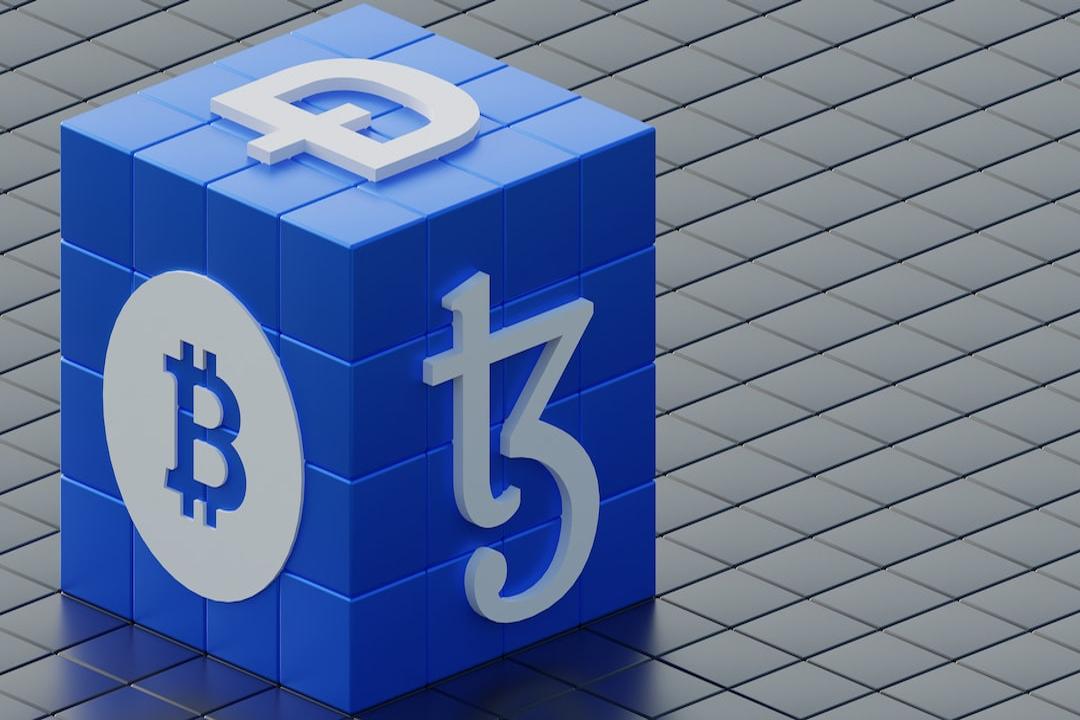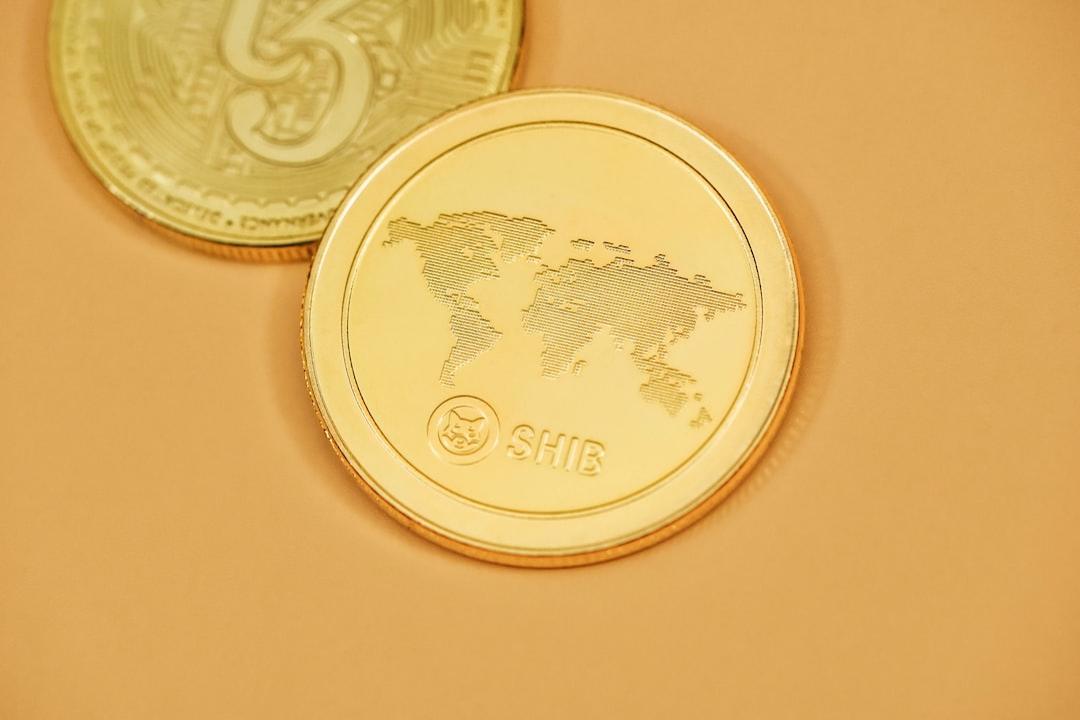AppWorks Demo Day #27, organized by Apps Accelerator, and co-hosted by Wistron Demo Day #5, took place in Taipei today. Taking stock of the entrepreneurship topics of this session, AI digital marketing and influencer creator economy were hotspots, along with ESG, Web3, and legal technology catching attention.
Index:
AI Integrated Marketing Tools Simplify Workflow, Freeing up More Time for Creative Thinking
Bridging the Last Mile to Target Customers: Empowering Influencers to Become Brands, Creating the Most Resonant Influence
ESG New Ventures Tap into the New Blue Ocean Market: Vietnam’s Metaverse Showcases Astonishing Achievement with Over 10 Million Online Users
Wistron Accelerator #5 Promotes Efficient PoC Implementation: 5G Chips, Smart Factories, ESG Media
This press release was written and provided by AppWorks, and does not represent the views of Dynamic Zone.
AppWorks Demo Day #27, organized by AppWorks Accelerator, and co-hosted by Wistron Demo Day #5, took place in Taipei today, featuring 26 international startup teams from 19 countries including China, Vietnam, the Philippines, Thailand, the United States, Japan, and South Korea. This session saw over 40% of the participating teams as serial entrepreneurs, with many international teams planning to recruit talents in Taiwan, highlighting the attractiveness of the Taiwanese market for international entrepreneurs.

AW#27 featured a total of 19 startups, with 10 teams coming from Southeast Asian countries. Taking stock of the entrepreneurship topics of this session, AI digital marketing and influencer creator economy were hotspots, along with ESG, Web3, and legal technology catching attention.
AppWorks Chairman and Partner, Jamie Lin, stated:
“We are proud of the achievements of all the AW#27 startup teams, who have leveraged Taiwan’s advantages to create products for the world.”
With the addition of AW#27, the AppWorks ecosystem now consists of 532 startups and 1,662 entrepreneurs. Over the past year, the total revenue of all startups amounted to USD 1.62 billion, creating 23,000 job opportunities. The cumulative fundraising reached USD 5.8 billion, with a total valuation of USD 32.4 billion.

One standout team from Russia, SoMin.ai, an advertising platform focused on social media, uses AI-driven content analysis and regional characteristics to enhance the precision of targeted advertising. It has received recognition from renowned clients such as Audi, P&G, and Dentsu Japan. SoMin.ai’s Monthly Recurring Revenue (MRR) has been growing at a rate of over 100% year-on-year. In addition to Taiwan, SoMin.ai has expanded its business to Singapore, the Philippines, Vietnam, and the United Kingdom.
Apart from digital advertising, there are many brands and industries that need to communicate with users through extensive written content. Storipress is an innovative platform designed to serve industries that primarily focus on content creation. Storipress’s all-in-one platform simplifies the writing process for brand owners, assisting in conceptualizing article content based on the target audience’s needs and brand style. It also automatically adjusts and publishes the content to corresponding media platforms according to different social media formats. Brand owners using Storipress have seen a 42% increase in article production efficiency. Currently, Storipress has over a thousand monthly active users, including IDEO, the “Ultimate Temple” company admired by Silicon Valley designers.
Recognizing the long-term development of the influencer economy, Clayton Jacob, an American entrepreneur based in Taiwan, has created CreatorDB, an all-in-one platform for influencer search, data analysis, and influencer marketing. CreatorDB focuses on YouTubers in the field of video content creation. Its powerful search and analysis capabilities have attracted European and American brands, including Surfshark, Notion, and Acer, who have collaborated with CreatorDB. CreatorDB has achieved a fivefold annual growth rate since its inception and has achieved profitability within a year and a half of its establishment. The estimated revenue for this year is $3.5 million, and CreatorDB aims to continue building itself into a SaaS platform for influencer marketing.
VGV, a Taiwan-born marketing technology company, specializes in providing a one-stop influencer marketing service that collaborates with brands and influencer creators to co-create content. VGV has partnered with over 600,000 influencers from Taiwan, Singapore, Malaysia, the Philippines, Japan, and Hong Kong, making it an emerging influencer marketing startup in the APAC region. Due to VGV’s expertise in facilitating communication between brand owners and creators, the co-created content resonates with the audience, allowing influencers to truly become brand ambassadors. This approach transforms influencer marketing from a one-off collaboration to a mutually beneficial long-term partnership. VGV’s exceptional ability to create long-term impact has attracted long-term partnerships with brands such as UNIQLO, Tripadvisor, Pinkoi, and the “Hermes of the baby bottle industry,” hegen. VGV has served over 560 brand owners to date and has generated $3.8 million in advertising revenue this year. It plans to steadily expand into the Southeast Asian market and expects a 10x growth in revenue within the next three years.
PackAge+ is an environmentally friendly technology social enterprise with a focus on ESG. It addresses the issue of disposable packaging waste in Taiwan’s e-commerce and logistics industry. PackAge+ has collaborated with multiple e-commerce platforms and offline retail stores to reduce over 80 million pieces of e-commerce packaging waste annually through the use of circular packaging materials. It has also established 4,700 collection points, with notable long-term partners such as Taroko National Park and FamilyMart. Founder Ye De-wei stated that PackAge+ is currently in talks with Taiwan’s semiconductor and electronics assembly industry to use circular packaging materials. The goal is to replace 35% of disposable consumables within three years, effectively helping companies reduce carbon emissions and accelerate green transformation.
Mimiland, from Vietnam, is known as the “top Metaverse” in the country. Within three months of its product launch, it has attracted over 120,000 monthly active users, with an estimated total user count of 10 million next year. Compared to most Web3 products currently available, Mimiland is the world’s first Metaverse product that supports over 10,000 online users and protects over 2 million NFT assets, including SAPPORO beer from Japan. Mimiland’s primary goal is to assist developers in integrating multiple applications, ensuring compatibility across different devices such as smartphones, laptops, and desktops. It is even compatible with Apple’s latest operating system, Vision OS, showcasing Mimiland’s powerful spatial computing capabilities.
Wistron Accelerator #5, now in its fifth year, has demonstrated its ability to integrate across the Asia-Pacific region, showcasing many expected market application scenarios. One standout team from this session is Fanching Technology, a Taiwanese IC design startup that focuses on 5G/6G base station chips and satellite communication chips. Compatible with Open Radio Access Network (O-RAN) base stations, Fanching Technology can help telecommunications companies solve the high cost and high power consumption issues of deploying 5G base stations. It is estimated to save 30-60% of power consumption for mobile phones and base stations, saving telecommunications companies approximately 1 billion kWh of electricity per year and reducing the frequency of charging for consumers’ mobile phones to as little as once every two days. 5G/6G technology is the foundation for many important applications such as ChatGPT, autonomous driving, e-commerce, and live streaming, all of which require high-speed networks above 5G to provide application services.
Thermalytica from Japan is a startup spun off from the National Institute for Materials Science (NIMS). It has developed innovative thermal insulation and fire protection material called TIISA, which features ultra-low density, extreme lightness, and high fluidity. The nanoscale silica particles in TIISA create a large number of air gaps, and its cost-effectiveness is more than ten times that of traditional materials. It significantly reduces carbon emissions in general buildings and factories, aligning with the current international trend of ESG norms for businesses. Thermalytica is currently building a TIISA production line in Japan and plans to achieve an annual output of ten tons within the next five years, expanding into the Taiwan and other Southeast Asian markets.
SkyREC, with years of expertise in image processing technology, provides comprehensive retail data analysis and security solutions for physical retailers using AI optimization capabilities. It helps improve product display, inventory management, and profit optimization, allowing different industries to solve blind spots and pain points through image or data analysis and ensure smooth customer flow and a safe store environment. IKEA, Timberland, The North Face, and other internationally renowned brands are all cooperation partners of SkyREC.
In terms of smart manufacturing, MetAI, from this session, combines AI artificial intelligence and Metaverse, enabling the manufacturing industry to overcome the bottlenecks of “data” and “system integration” in digital transformation. MetAI provides manufacturing industries with easy-to-implement solutions through “highly realistic simulation” and “data synthesizer”. NVIDIA’s Omniverse applies MetAI’s technology, truly realizing the concept of a smart factory. It not only helps build an industrial Metaverse, allowing industrial partners to easily use AI to implement smart manufacturing, but also reduces physical costs, bringing significant benefits to the industry.
Wistron Accelerator #6 is currently recruiting startups in the AI, IoT, cloud, cybersecurity, education, and healthcare sectors. Selected startups will receive personal guidance from senior executives of the Wistron Group and have access to resources such as PoC experimentation scenarios and business model growth, significantly reducing the cost of trial and error. The Wistron Group has been cooperating with AppWorks for 9 years, and both parties started operating the Wistron Accelerator in 2021 with the assistance of AppWorks. To date, Wistron Accelerator has selected 31 teams, accumulating valuable experience in startup incubation.


